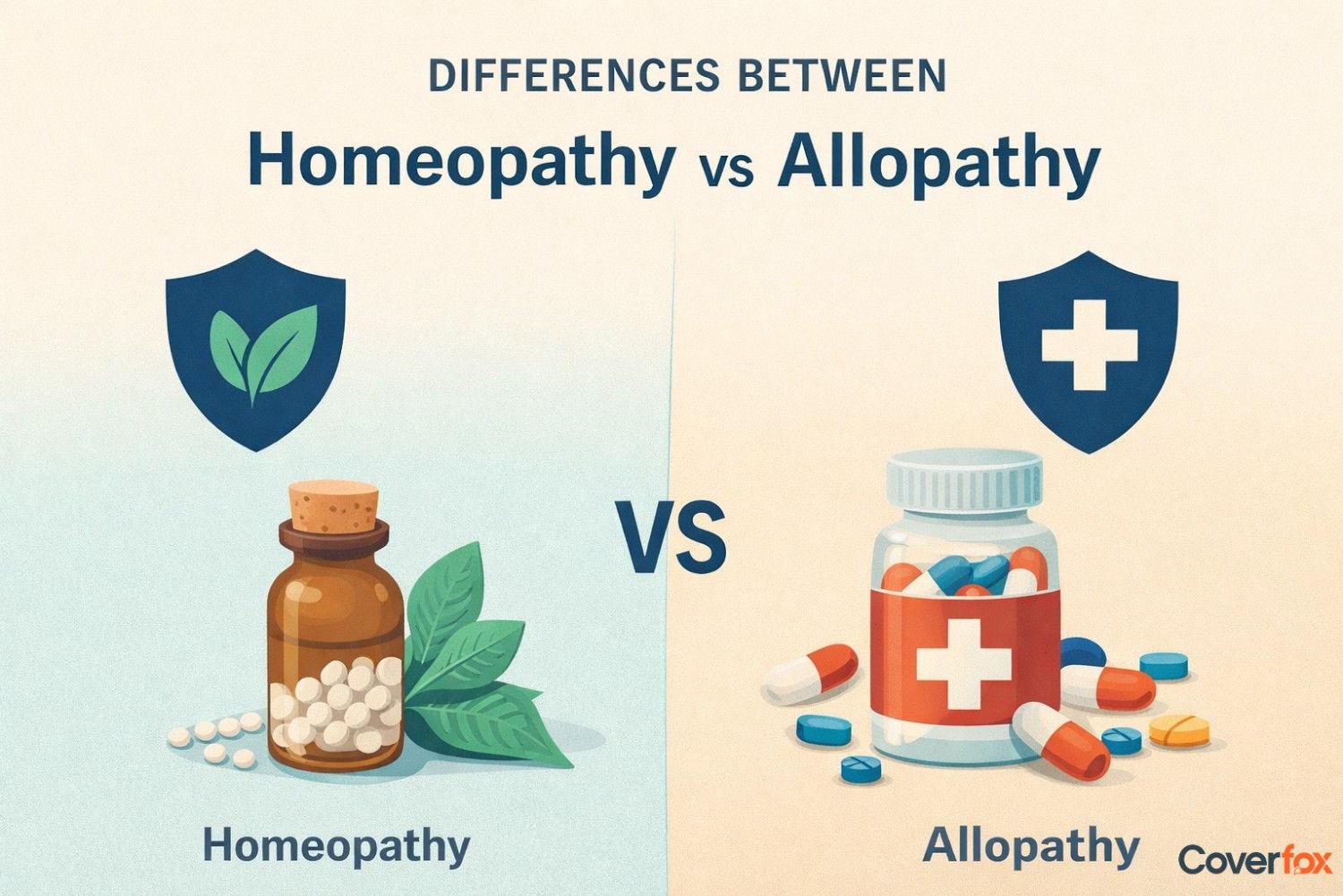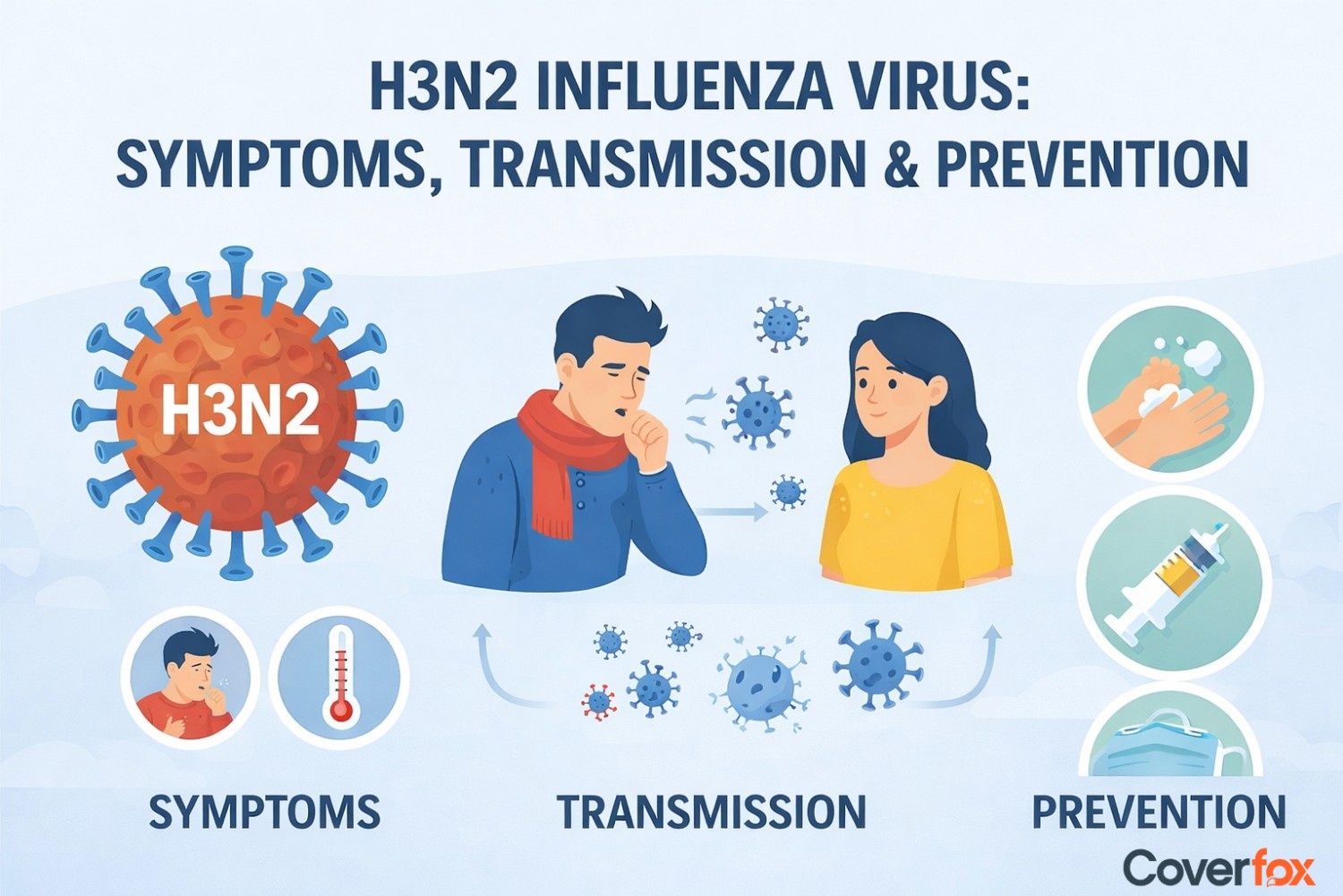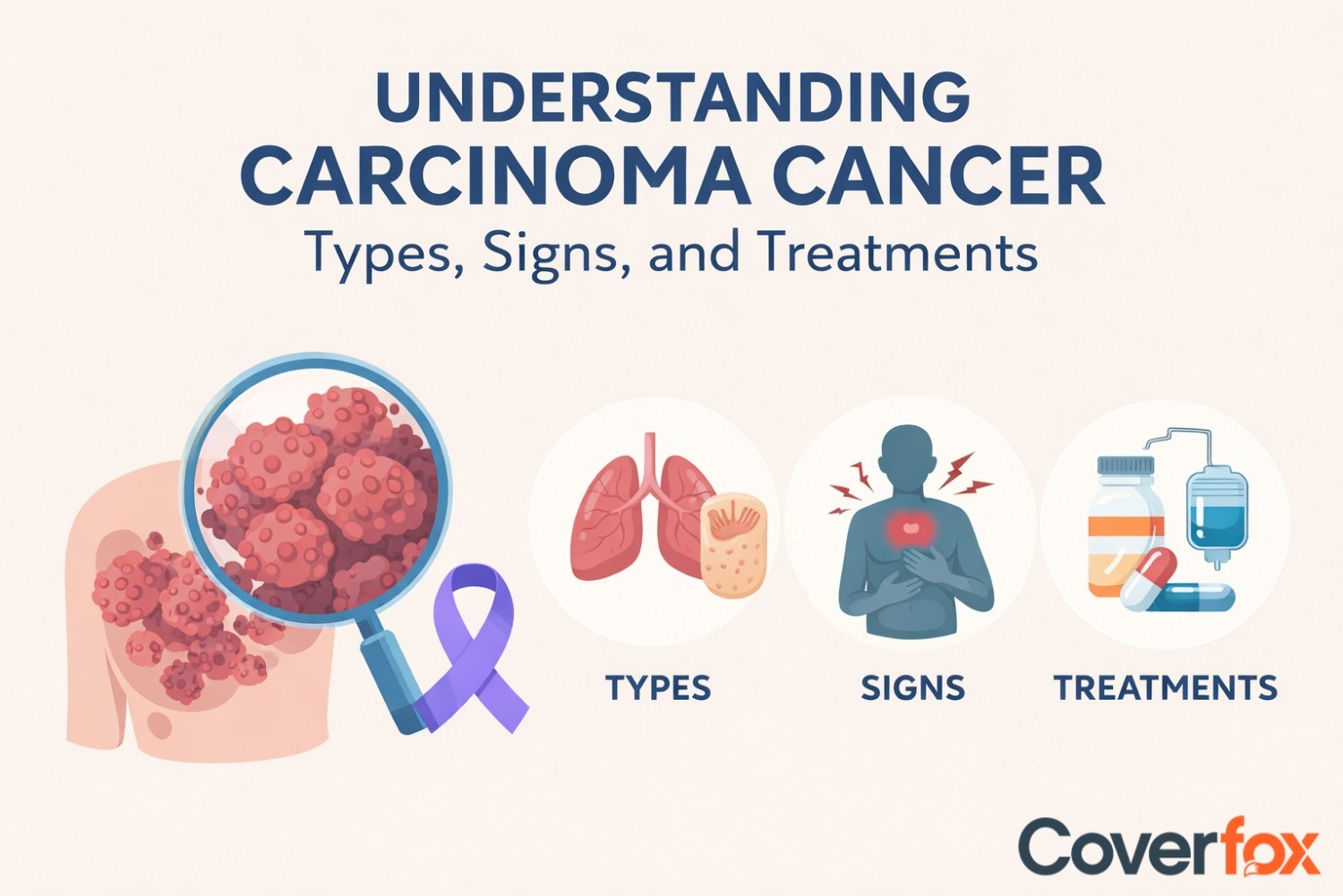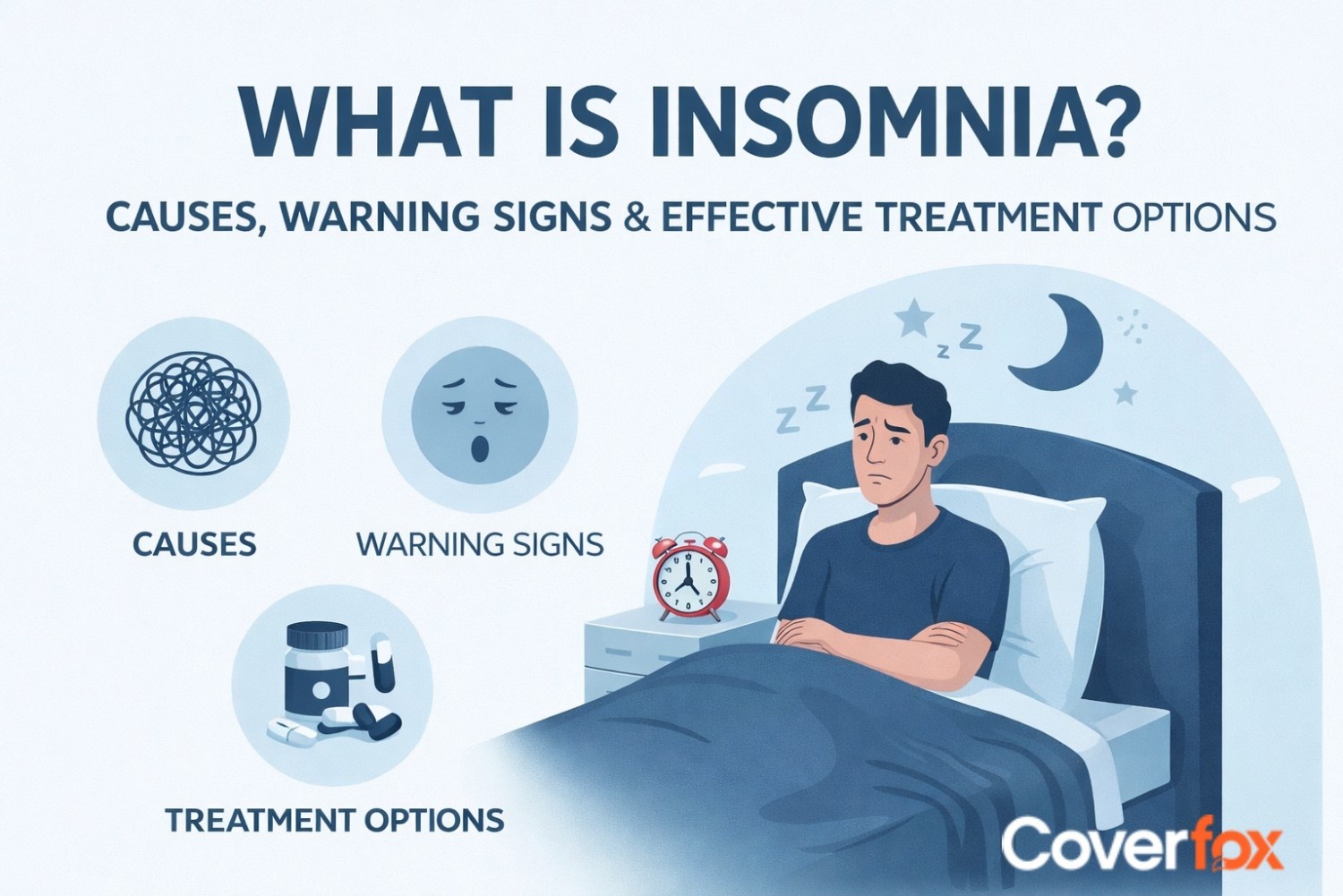Observed every year on 7th November, National Cancer Awareness Day highlights the importance of cancer prevention, early detection, and timely treatment. The day was officially designated in 2014 by Dr Harsh Vardhan, the Union Health Minister of India, and honours the legacy of Marie Curie, whose pioneering work in radioactivity paved the way for modern cancer treatment.
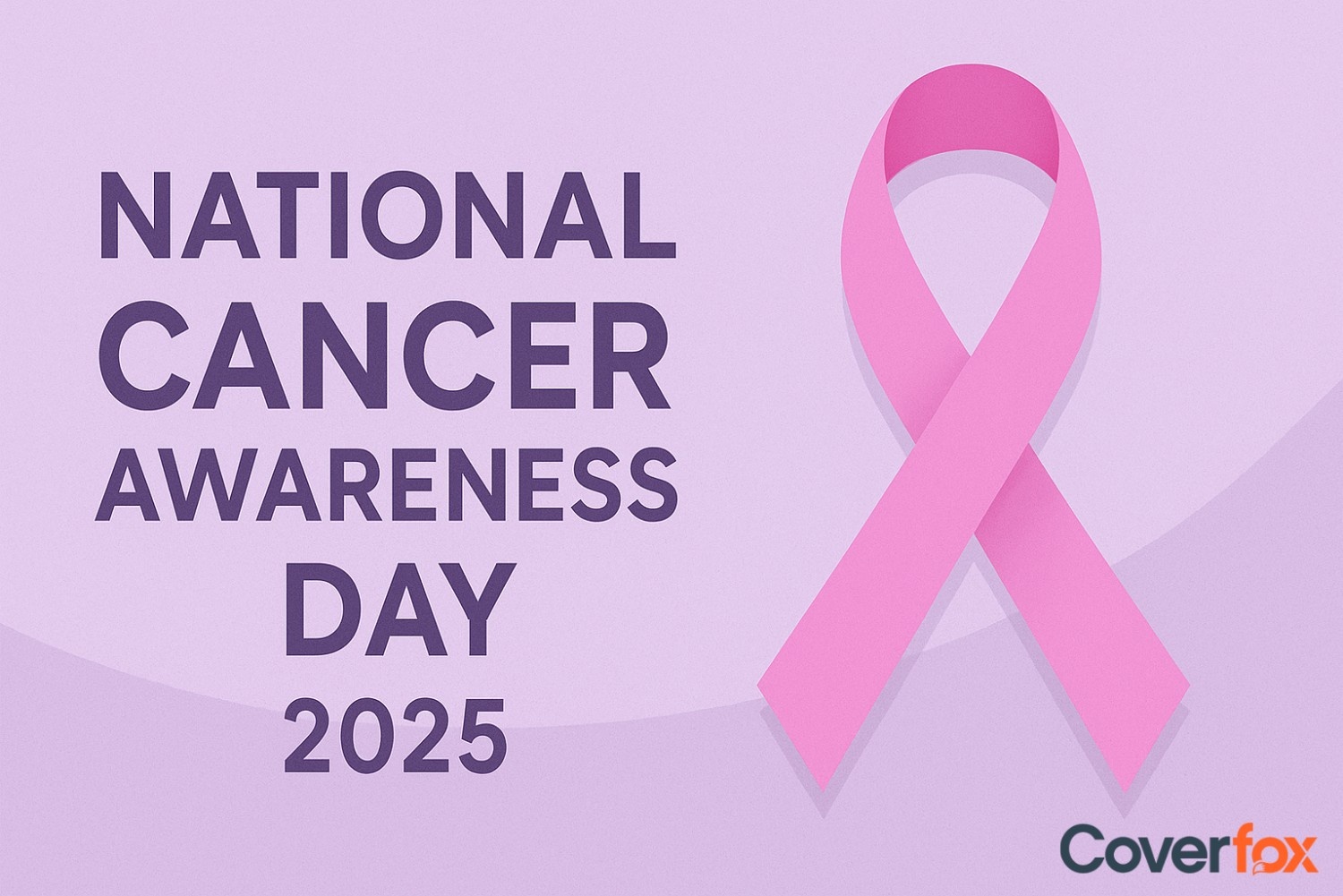
It aims to raise awareness, encourage regular screening, and empower people to take proactive steps towards reducing the risk of cancer.
History of National Cancer Awareness Day
National Cancer Awareness Day was established to spread awareness about cancer prevention and encourage early screening to reduce mortality rates in India.
Timeline:
- 1898: Marie Curie’s groundbreaking research on radioactivity laid the foundation for modern cancer treatment through radiation therapy.
- 1975: The Government of India launched the National Cancer Control Programme (NCCP) to support cancer prevention and treatment initiatives nationwide.
- 2014: Dr Harsh Vardhan, then Union Health Minister, officially declared 7th November as National Cancer Awareness Day.
- 2015–Present: Annual observance includes awareness campaigns, free cancer screening camps, and educational drives across India to promote early diagnosis and healthier lifestyles.
Importance of National Cancer Awareness Day
National Cancer Awareness Day serves as a reminder of the collective responsibility to detect, prevent, and fight cancer through awareness and action.
Promotes Early Detection
Raises public awareness
Encourages healthy lifestyles
Supports patients and families
Strengthens healthcare initiatives
Reduces stigma
Encourages regular screening and timely diagnosis to improve treatment outcomes.
Educates people about common cancer symptoms, risk factors, and prevention methods.
Highlights the importance of balanced diets, physical activity, and avoiding tobacco or alcohol.
Builds empathy and provides emotional and social support to those affected by cancer.
Motivates government and NGOs to conduct free screening camps and awareness drives.
Fosters open conversations about cancer, making it easier for people to seek help without fear.
Cancer Statistics in India
According to the Indian Council of Medical Research – National Cancer Registry Programme (ICMR–NCDIR), India records over 14 lakh new cancer cases every year, out of which 800,000 are diagnosed. The most common cancers reported are breast, lung, cervix, mouth, and colorectal cancers.
- Tobacco-related cancers account for 35–50% of all cancers in men and 17% in women.
- Oral cancers are among the most common forms, especially in regions with high tobacco-chewing prevalence.
- More than 75% of cancer patients in India are diagnosed at advanced stages, leading to poor survival outcomes.
- The National Cancer Registry Programme (NCRP) monitors cancer trends and supports early detection strategies nationwide.
- Tobacco consumption remains the single largest preventable cause of cancer in India.
- The Government of India has implemented nationwide screening for breast, cervical, and oral cancers under the NPCDCS programme.
- Around 616 Non-Communicable Disease (NCD) clinics are operational at the district level, and 3,827 clinics at the Community
- Health Centre (CHC) level support cancer care and prevention.
- 214 Day Care Centres for Chemotherapy have been established across India to enhance accessibility to treatment.
Source - Press Information Bureau
Screening and Early Detection
Early detection plays a crucial role in improving cancer survival rates, as most cancers are far more treatable when diagnosed at an early stage. Timely screening can significantly reduce mortality by enabling doctors to begin treatment before the disease advances or spreads to other organs.
Common symptoms to watch for include:
- Unexplained weight loss or fatigue
- Persistent cough or change in voice
- Unusual lumps or swelling
- Changes in moles or skin patches
- Prolonged bleeding, pain, or non-healing sores
How screening helps:
- Detects cancers like breast, cervical, and oral cancers in their pre-cancerous or early stages.
- Enables less invasive and more effective treatment options.
- Reduces the overall burden on healthcare systems by preventing late-stage complications.
- The Government of India conducts population-based screenings for individuals aged 30 and above under the NPCDCS programme, focusing on breast, cervical, and oral cancers — the most prevalent and preventable forms in the country.
- Early detection not only saves lives but also improves quality of life, making awareness and regular screenings an essential part of India’s cancer control strategy.
Prevention and Healthy Lifestyle
Adopting healthy lifestyle habits is one of the most effective ways to reduce the risk of developing cancer and improve overall wellbeing. Key preventive measures include:
Avoid tobacco use
Limit alcohol consumption
Eat a balanced diet
Maintain a healthy weight
Stay physically active
Protect against infections
Reduce sun exposure
Go for regular screenings
The single biggest preventable cause of cancer; responsible for 40–50% of cancer cases in men and 20% in women.
Excessive drinking increases the risk of several cancers, including liver and oral cancer.
Include fruits, vegetables, and whole grains while reducing processed and fried foods.
Obesity is a major risk factor for cancers such as breast and colorectal cancer.
Regular exercise helps regulate hormones and strengthen immunity.
Vaccinate against HPV and Hepatitis B to prevent related cancers.
Use sunscreen and protective clothing to lower skin cancer risk.
Early detection through timely check-ups significantly improves outcomes.
Advances in Cancer Research and Treatment
Continuous progress in cancer research and technology is transforming how the disease is diagnosed, treated, and managed in India.
1. Magnetic Hyperthermia-Based Therapy
A cutting-edge approach that uses magnetic nanoparticles to heat and destroy tumour cells with precision, reducing the side effects of traditional chemotherapy.
2. Nanotherapy and Targeted Drug Delivery
Indian researchers are developing nano-based medicines that deliver drugs directly to cancer cells, improving treatment effectiveness while minimising harm to healthy tissues.
3. Digital Health and Cancer Data Tracking
Through the National Non-Communicable Disease Portal, India collects long-term cancer data to improve prevention, treatment, and policy planning.
4. International Collaboration through the Quad Cancer Moonshot
India is partnering with the U.S., Australia, and Japan to accelerate research—starting with cervical cancer—by sharing expertise in digital health and treatment innovation.
Government and NGO Initiatives
The Indian government and several NGOs are working together to strengthen cancer prevention, early detection, and affordable treatment across the country.
National Cancer Control Programme (NCCP)
Ayushman Bharat – Health and Wellness Centres (AB-HWC)
National Health Mission (NHM)
Cancer Detection and Prevention Clinics
Palliative Care Initiatives
NGO Contributions (e.g., Indian Cancer Society, CanSupport)
Launched in 1975, this programme focuses on prevention, early detection, and treatment of cancer, later integrated into the National Programme for Prevention and Control of Cancer, Diabetes, Cardiovascular Diseases, and Stroke (NPCDCS).
These centres promote preventive healthcare, cancer awareness, and screening for individuals above 30 years for breast, oral, and cervical cancers.
Provides financial and infrastructural support for cancer awareness campaigns, NCD clinics, and day care chemotherapy centres across India.
Set up in district and regional hospitals to provide early diagnostic services, cytology, and palliative care—particularly improving rural access to cancer treatment.
Focus on improving quality of life for late-stage cancer patients through pain relief measures, including easier access to oral morphine and emotional support.
NGOs play a vital role in awareness, screening camps, counselling, and providing palliative care and financial aid to underprivileged cancer patients.
How You Can Contribute on National Cancer Awareness Day
Individuals can play an active role in spreading awareness, supporting patients, and promoting early detection efforts across their communities.
Spread Awareness
Participate in Screening Camps
Support Cancer Patients
Adopt Healthy Habits
Educate and Empower
Share verified information about cancer prevention, symptoms, and screening programmes on social media and within your community.
Encourage friends and family to undergo regular cancer screenings, especially for common types like breast, cervical, and oral cancer.
Volunteer or donate to NGOs working with cancer patients to help provide treatment, counselling, and palliative care support.
Quit tobacco, maintain a balanced diet, exercise regularly, and attend periodic health check-ups to set an example for others.
Conduct or attend awareness sessions in schools, workplaces, or local clubs to promote early detection and healthy living practices.
Final Words
National Cancer Awareness Day reminds us of the power of awareness, prevention, and early detection in reducing India’s growing cancer burden. With advancements in treatment and stronger healthcare initiatives, the country is making steady progress against this disease. Adopting healthy habits and regular screenings can save lives — and having a comprehensive health insurance plan ensures timely access to quality cancer care without financial strain.
Also Read:
How Does a Cancer Insurance Plan Work?
Which Health Insurance Covers Cancer?
Frequently Asked Questions
When is National Cancer Awareness Day observed?
National Cancer Awareness Day is observed every year on 7th November to spread awareness about cancer prevention, early detection, and treatment.
Why do we celebrate National Cancer Awareness Day?
The day is celebrated to educate people about the rising burden of cancer in India and to encourage regular screenings and lifestyle changes for early diagnosis and prevention.
Who started National Cancer Awareness Day?
It was first announced in 2014 by the Union Health Ministry of India, inspired by the vision of Dr Harsh Vardhan, former Health Minister, to make early detection a national priority.
Why is early detection important?
Early detection allows cancer to be treated at an initial stage, improving survival rates and reducing the cost and intensity of treatment.
Which cancers are most common in India?
The most common cancers in India include oral, breast, cervical, and lung cancers, with tobacco-related cancers forming a significant share.
What are some early warning signs of cancer?
Warning signs include unexplained weight loss, persistent cough, unusual bleeding, changes in moles or skin, and prolonged fatigue.
How can I participate in awareness activities?
You can take part by attending awareness camps, sharing educational content, supporting NGOs, donating to cancer research, or encouraging others to get screened.
Can cancer be prevented?
Yes, many cancers are preventable through tobacco cessation, healthy diet, regular exercise, vaccination (like HPV), and routine health screenings.
.webp)
 in Insurance.webp)
